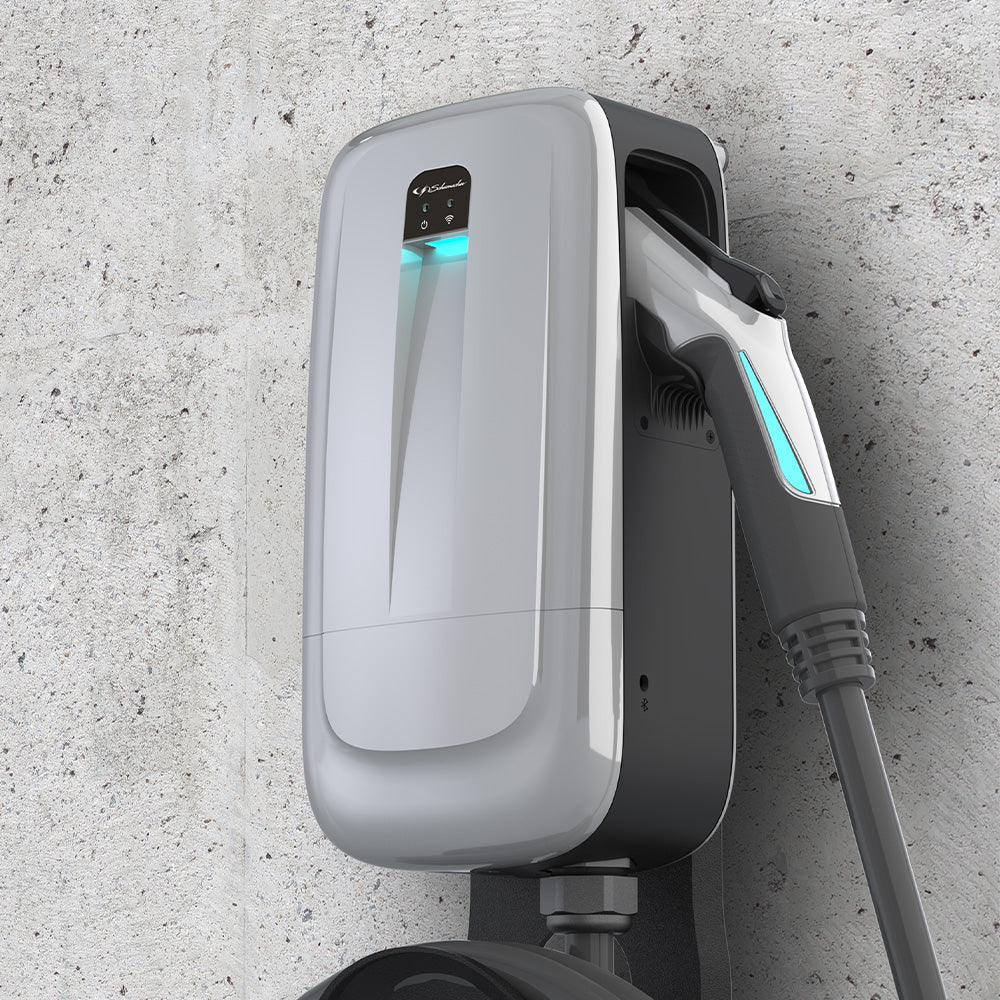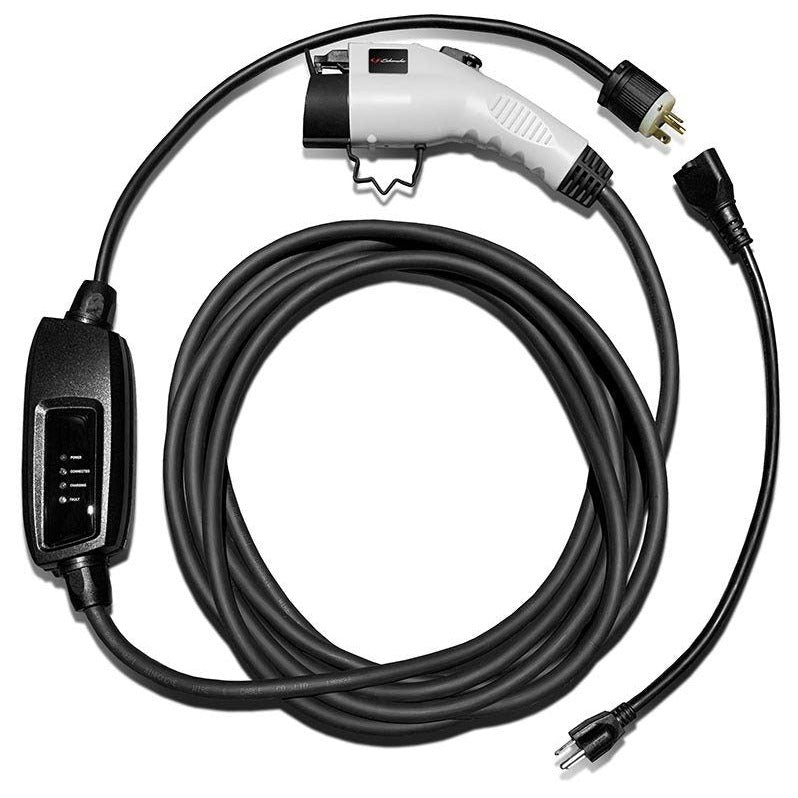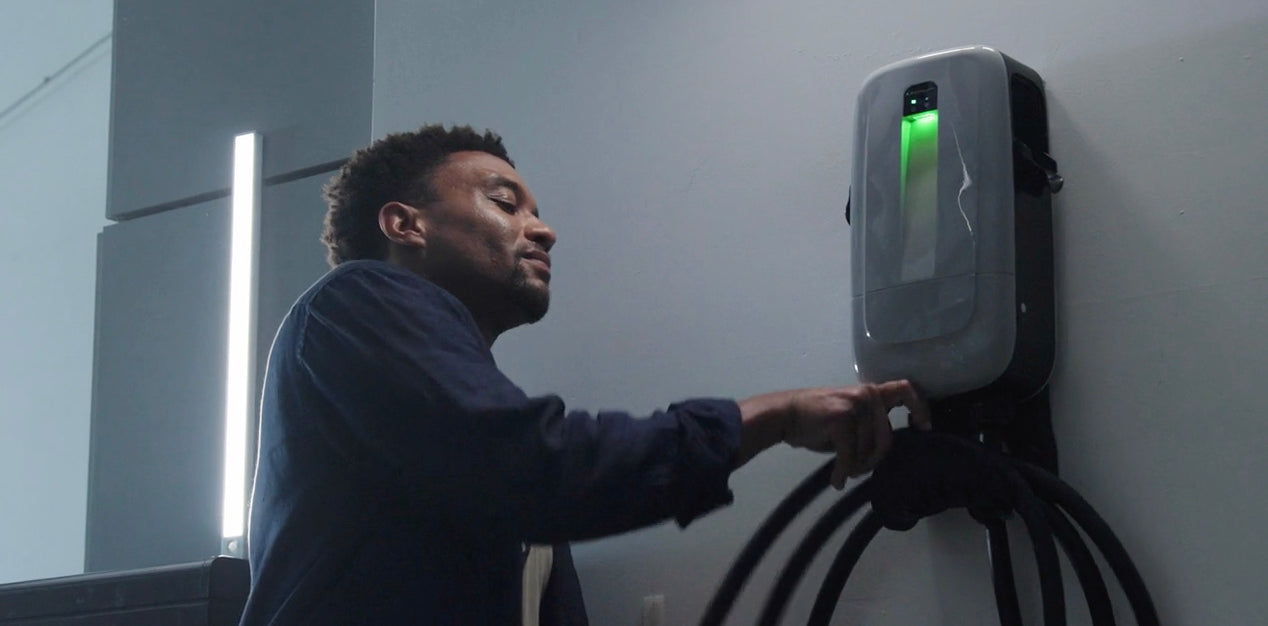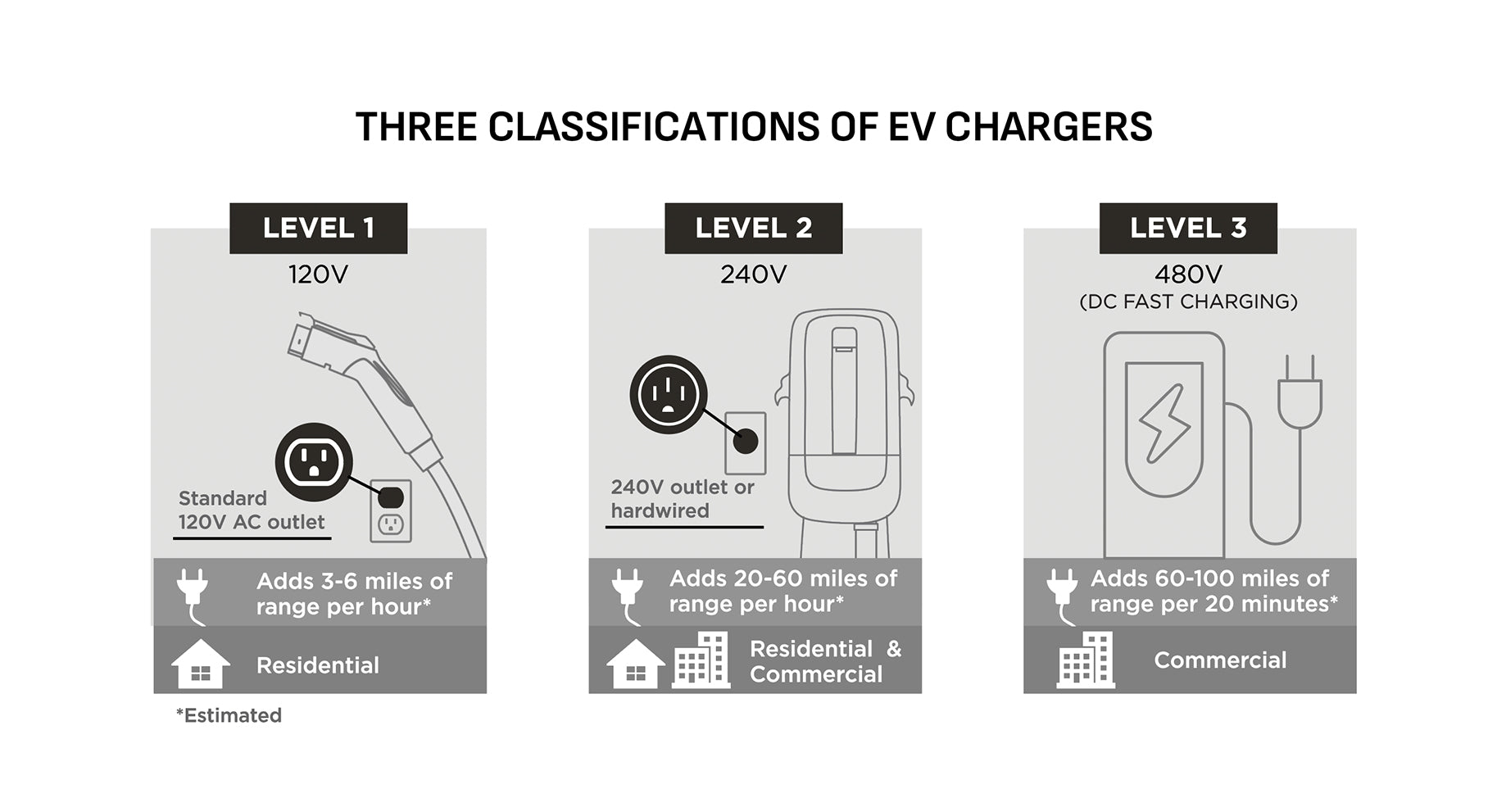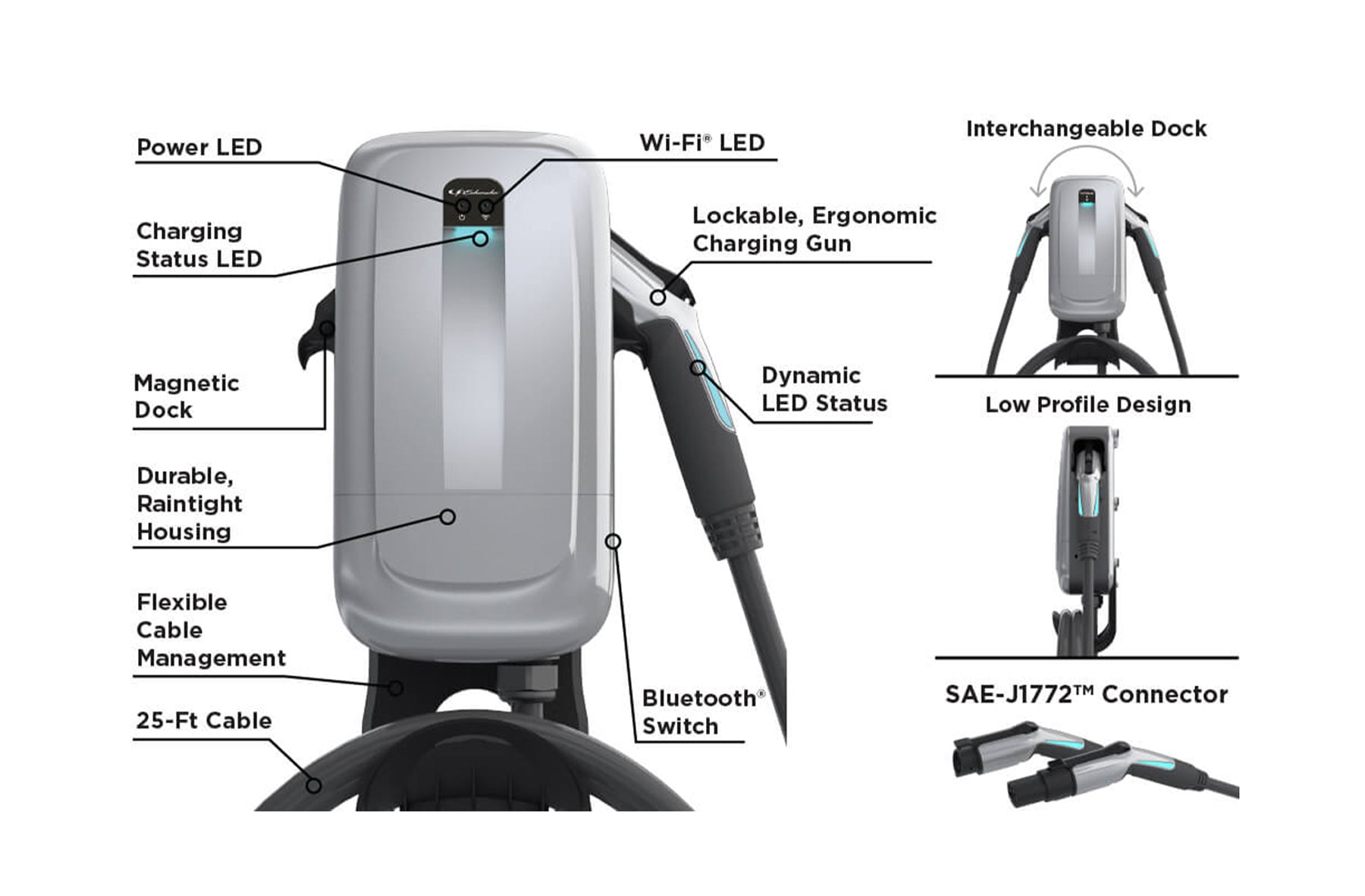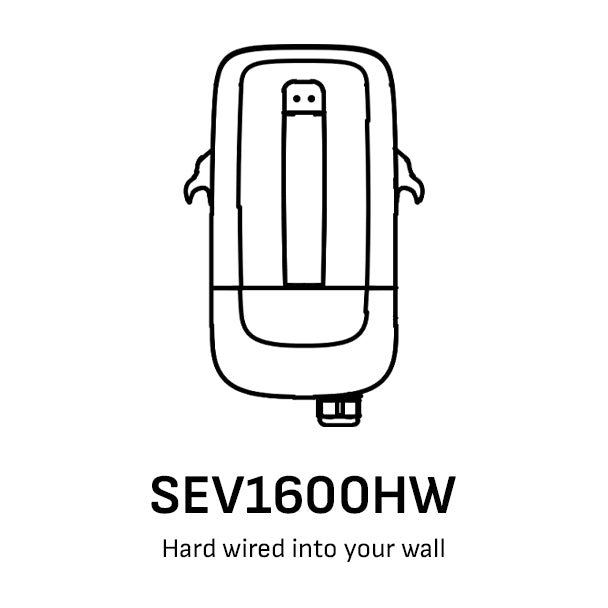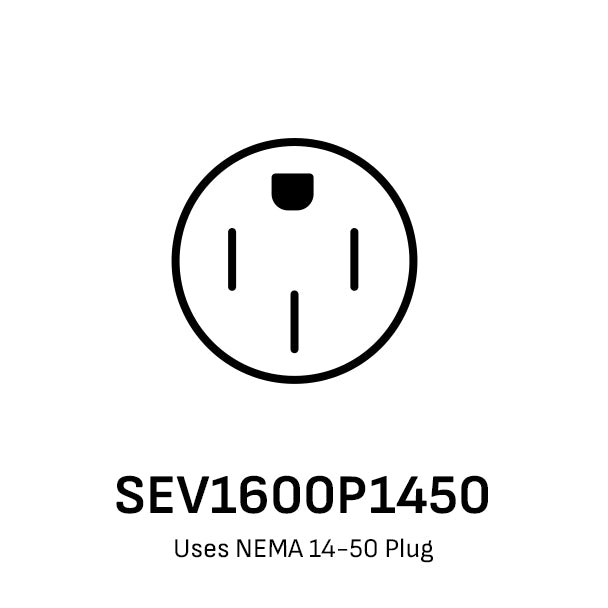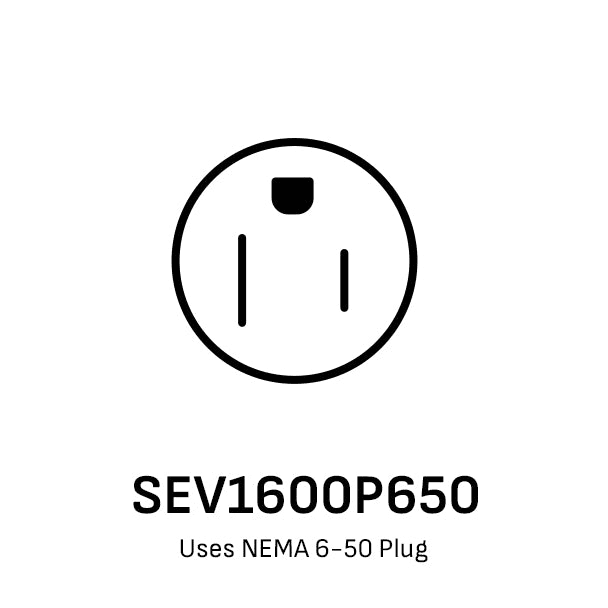THE ELECTRIC VEHICLE REVOLUTION IS HERE
Why Choose Schumacher?
Schumacher is leveraging its 75 years of experience designing and manufacturing automotive battery chargers to create the next generation of automotive charging technology. Today, Schumacher is one of the largest and most groundbreaking battery charger manufacturers in the world. The new range of EV chargers and accessories embodies Schumacher’s belief in delivering value to its customers through reliable and innovative products.
Features





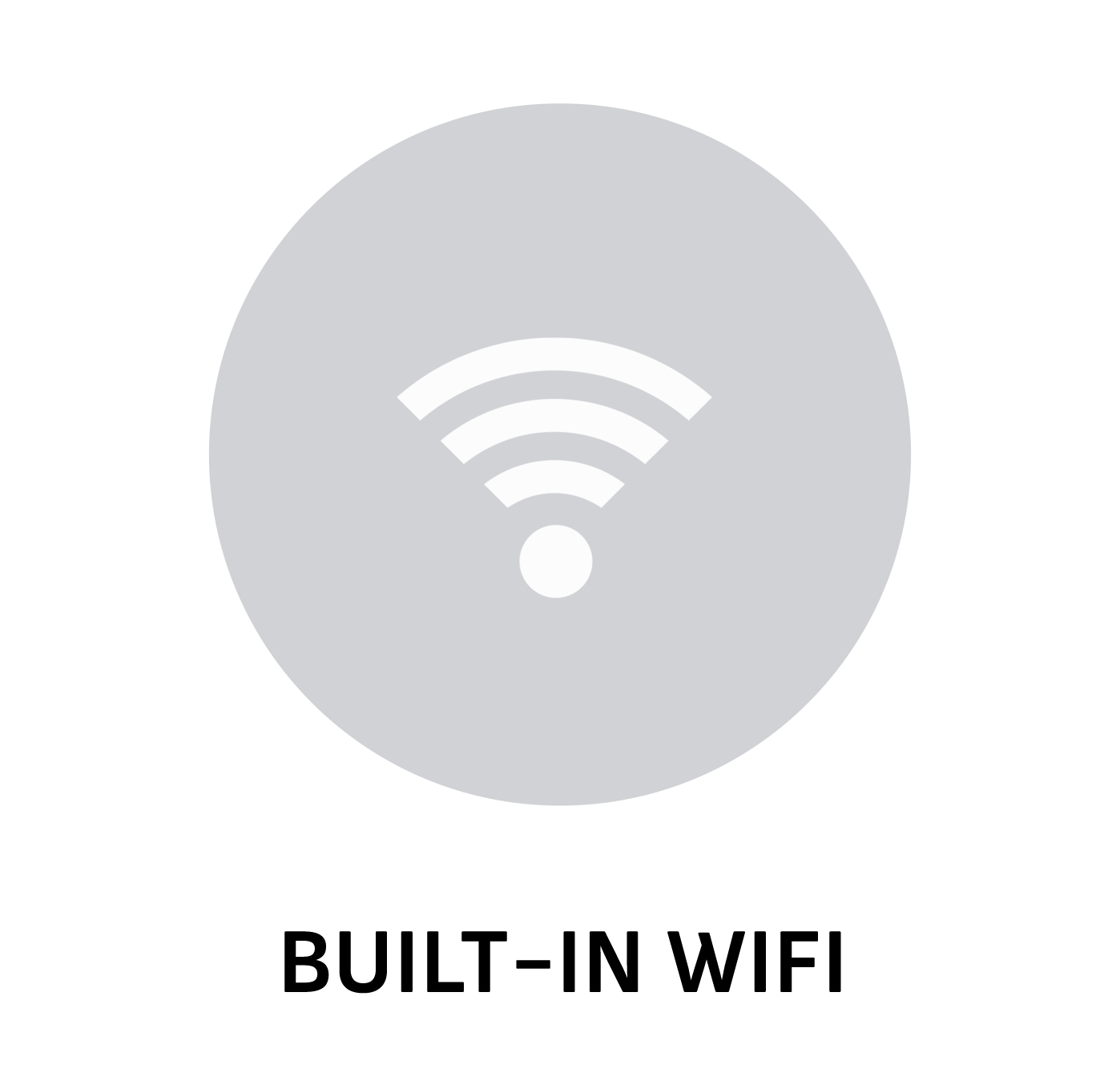
get started
How it works
Schumacher Electric devices give you the value and convenience of home charging and eliminate the need for expensive and inconvenient public chargers. Simply select your charger and follow our instructions to schedule an installation appointment with our partner installation team.
Schumacher Electric wall chargers must be installed by a licensed electrician. Any changes to the wall charger’s electrical settings must also be made by a licensed electrician.
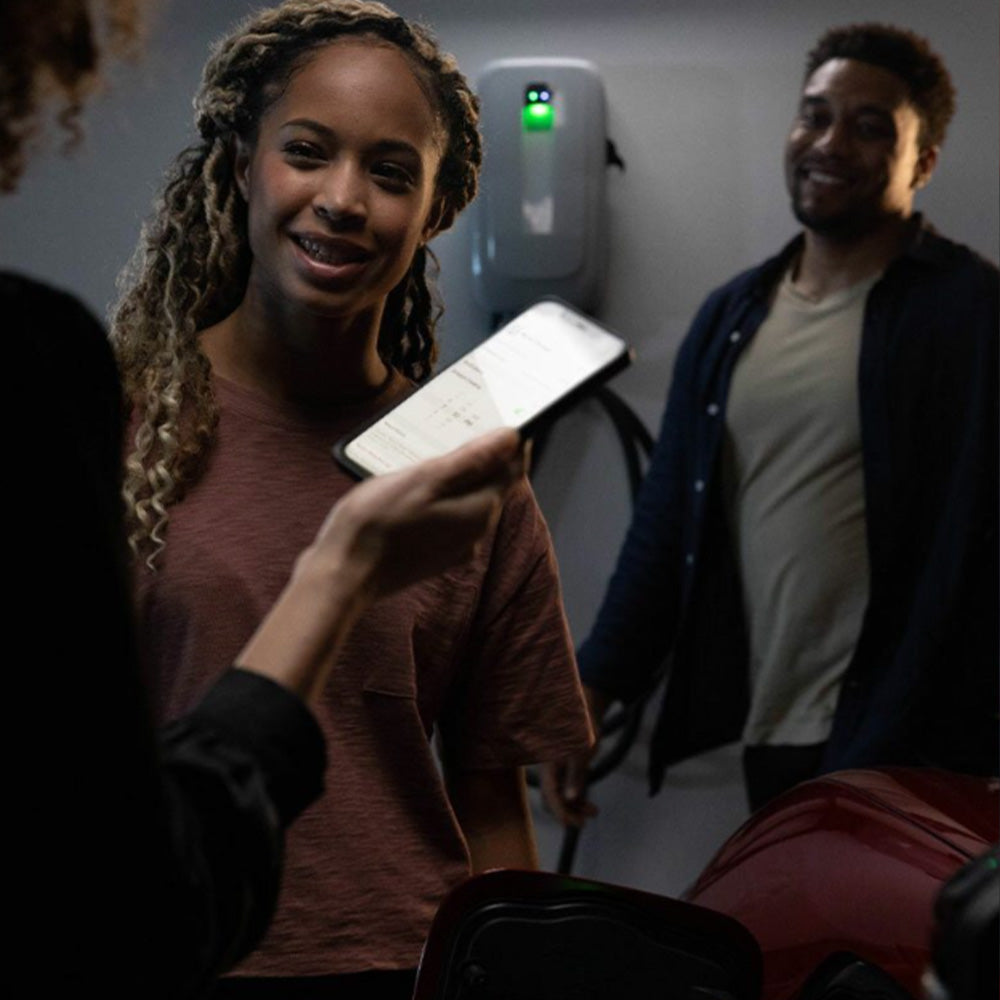
Which charger is right for you?
Wondering which of our home charging solutions would work best for your vehicle? Let our experts do the work — take our specialized quiz to find the ideal charger for your needs.
Features
Schumacher offers three models of its Level 2 EV Wall Charger. Check the specifications or take our quiz to determine which model fits your needs.
3 Options to fit your charging needs
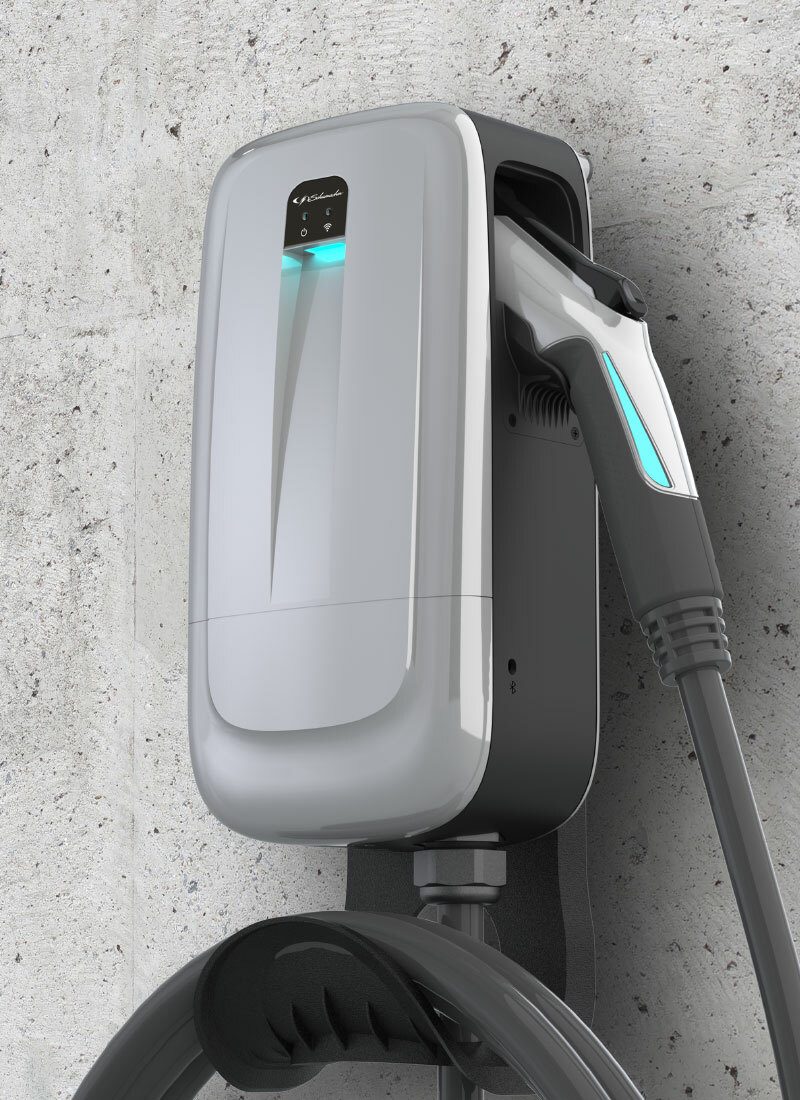
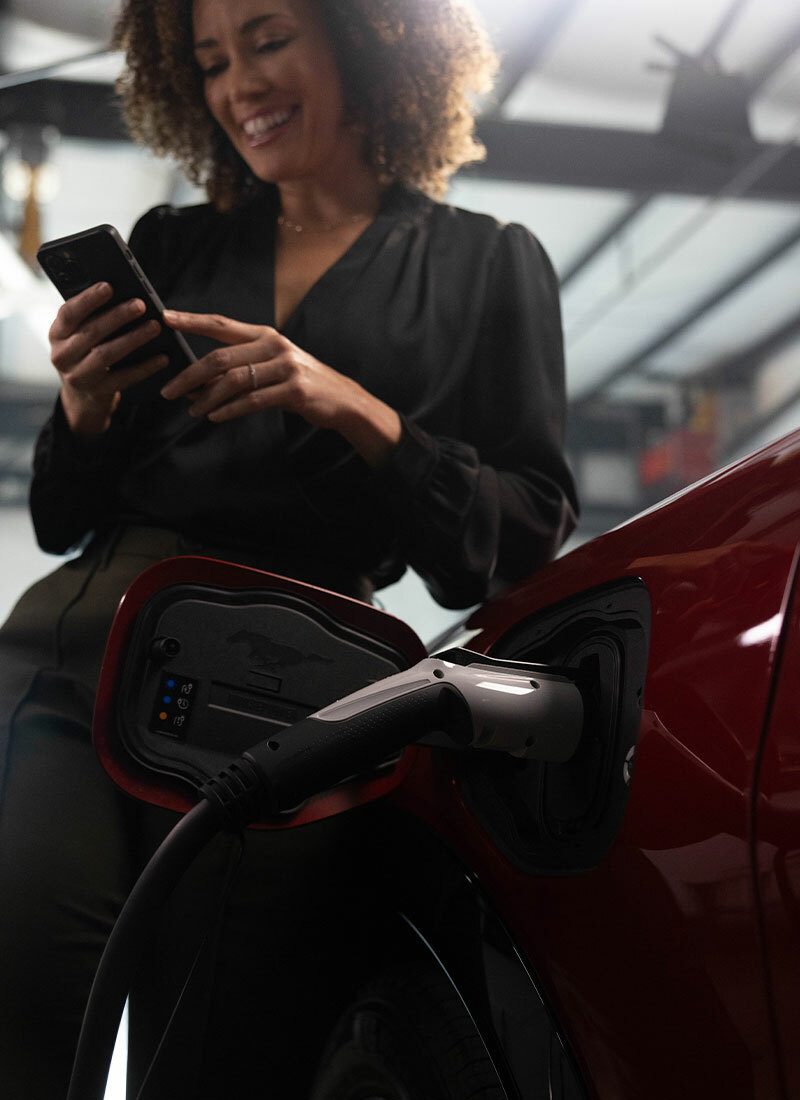
install today
INSTALLATION MADE EASY
We've partnered with expert installers to bring you a white-glove approach to service. Get started with a free consultation and estimate, customized for your home.
all things ev
How to use
Explore our Resources archive for manuals, troubleshooting assistance and more for your at-home EV charger.
Having trouble? We are here for you.
We are here to assist you every step of the way! For troubleshooting assistance, product feedback, or questions relating to product repairs or returns, please contact Schumacher customer support at 1-800-621-5485 or fill out the form below.
Contact Us
FAQ
Discover more from our FAQ guide to have all of your questions answered before purchasing.
Level 1 chargers use a standard household 120V AC outlet and typically add 3-6 miles of range per hour to your EV. Level 2 chargers require a 240V outlet or a hardwired electrical connection and can add 20-60 miles of range per hour to an EV. Level 3 charging, also known as DC fast charging, is currently used only in commercial chargers. It requires a 480V connection, but a Level 3 charger can add 60-100 miles of range in 20 minutes.
Most EVs in North America are sold with a portable Level 1 charger included. These chargers work with a standard household 120V AC outlet and typically add 3-6 miles of range per hour. A Schumacher Electric Level 2 wall charger is up to eight times faster, allowing you to be on your way sooner.
How quickly your EV will charge depends on many variables, including your vehicle type, your home power system’s voltage, and which model of Schumacher EV wall charger you own. The Schumacher Level 2 EV wall chargers charge up to eight times faster than a standard Level 1 EV charger.
All Schumacher EV chargers use the universal SAE-J1772 connector. This connector is compatible with most North American electric vehicles. Tesla® vehicles require an adapter (sold separately).
Yes, however, you must use a Tesla-to-SAE-J1772 adapter, such as the Schumacher SA914.
The charging cable for all Schumacher’s EV wall chargers is 25 feet in length.
Yes, all of the Schumacher Electric EV wall chargers have a IP66/3R raintight enclosure.
Occasionally clean the case of the wall charger with a soft cloth to keep the finish shiny and help prevent corrosion.
Yes, when charging is complete, the charger automatically shuts down.
Yes, the Schumacher EV wall charger is easily added as a component to compatible smart home systems.
The Schumacher EV wall charger uses only a negligible amount of electricity when not actively charging.
No. The SEV1600P1450 requires a NEMA 14-50 outlet for safe operation. The SEV1600P650 requires a NEMA 6-50 outlet.
Schumacher Electric offers a three-year limited warranty on all its Level 2 EV wall chargers. Click here for more information.
Yes, the unit constantly monitors for any errors and automatically shuts off if an error is detected.
The SchuPower is available for download in the Apple App Store® or the Google Play™ store.
Download the SchuPower app from the Apple App Store or the Google Play store. Next, open the app and follow the app’s instructions to set up your wall charger’s Bluetooth connection.
If the Power LED is off, check the breaker. For models SEV1600P1450 and SEV1600P650, you should also check to ensure the plug is fully inserted. If the Power LED is still off, have a licensed electrician check to make sure your unit is connected to AC power. For other issues, check the Troubleshooting section of your user manual or contact Schumacher customer service
The Schumacher wall chargers have a configurable current, which allows you to make adjustments during installation based on the capabilities of your home’s power system. Amperage is set according to the connected dedicated breaker associated with the hardwired connection or NEMA outlet. Settings are available for 20A, 30A, 40A, 50A, 60A, 70A, and 80A dedicated breakers.
The SEV1600HW, SEV1600P1450, and SEV1600P450 EV wall chargers must be installed by a licensed electrician.
You will need a 20A, 30A, 40A, 50A, 60A, 70A, or 80A dedicated breaker. For more information, check the Installation and User Guide.
For the SEV1600P1450 you will need an electrician-installed NEMA 14-50 plug. The SEV1600P650 requires an electrician-installed NEMA 6-50 plug. For safe installation, electricians should use 6 AWG, 90°C rated copper wire.
Yes, Schumacher Electric’s line of Level 2 EV wall chargers safely recharge PHEVs and battery electric vehicles (BEVs).
October 10, 2022 Electric vehicles and EV charging equipment are important investments for the future of our country. This is recognized at the federal level with consumer tax credits to encourage adoption of this new technology. In addition to federal tax credits, many states and electric utilities provide rebates, incentive programs, and state-level tax credits as well. Below you will find a summary of available state and federal incentives for electric vehicles and EV chargers. Federal Tax Credits EV Chargers The federal government offers consumers a tax credit for EV charger hardware and installation costs. The credit covers 30 percent of the costs up to a maximum of $1,000 for residential installation. The credit can also be applied retroactively for installations as early as 2017. More information on this tax credit may be found at https://www.irs.gov/forms-pubs/about-form-8911. For commercial installation of EV chargers, there is a 6 percent tax credit up to a maximum of $100,000 per unit. To qualify, the commercial charger must be located in a low-income or non-urban community. Electric Vehicles Federal tax credits of up to $7,500 are available for the purchase of new all-electric or plug-in hybrid vehicles. The amount of the tax credit and eligibility for the credit will vary depending on the specific make, model, and battery size of the electric vehicle. The 2022 Inflation Reduction Act limits tax credits to only passenger vehicles assembled in North America. Beginning in 2023, only sedans under $55,000 and SUVs and vans under $80,000 will qualify and buyers must have an adjusted gross income of under $150,000 for individuals, $225,000 for head of household, or $300,000 for a joint household. The IRA also introduces a used EV tax credit of 30 percent of the sale price up to $4,000. Final sales price must be less than $25,000. The used EV incentives have an income cap of $75,000 for individuals, $112,500 for head of household or $150,000 for a joint household. Beginning in 2024, the law will allow car buyers to transfer the credit to dealers at the point of sale, lowering the upfront purchase price of EVs and expanding affordability to lower- and middle-income households. A list of qualified electric vehicles can be found at https://www.irs.gov/businesses/irc-30d-new-qualified-plug-in-electric-drive-motor-vehicle-credit. To determine a specific vehicle’s eligibility, enter the Vehicle Identification Number (VIN) at https://www.nhtsa.gov/vin-decoder. A complete roundup of federal laws and incentives for electric vehicles and EV chargers is available at https://afdc.energy.gov/fuels/laws/ELEC/US. State Level Tax Credits, Utility Rebates, and Incentives Hundreds of state and local tax credits, utility rebates, and other incentives are available to consumers, businesses, and government entities to purchase electric vehicles and purchase and install electric vehicle chargers. The U.S. Department of Energy has set up a tool that enables you to search for all applicable laws and incentives in your state. Go to https://afdc.energy.gov/fuels/laws/ELEC to find out more. The information found in this article has been gathered from sources believed to be reliable, however, Schumacher Electric makes no warranty, express or implied, regarding the accuracy or completeness of any information contained herein. Schumacher is not the issuer of any tax credits and is not responsible for any issues related to obtaining tax credits.

